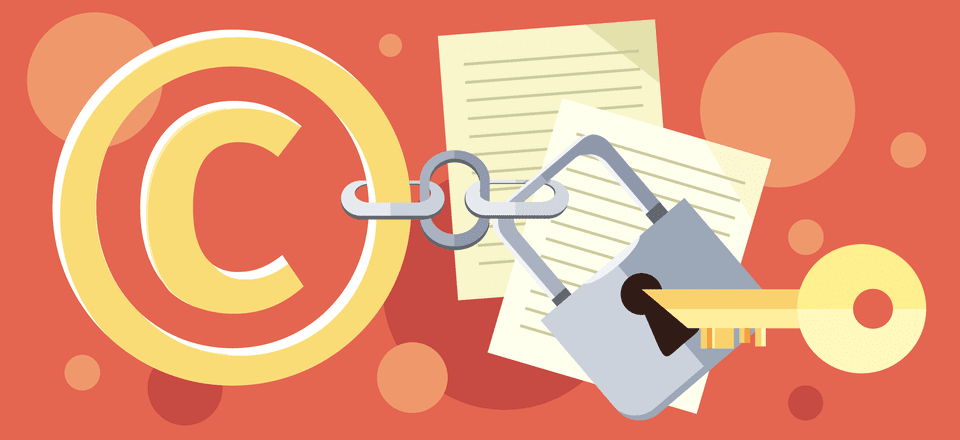
Social media platforms have become the major means of
communication and expression for millions of individuals globally in today's
digital era. These networks provide a wealth of chances, ranging from sharing
personal experiences to advertising enterprises. However, with the surge of content production comes a critical
question: Are social media posts copyrighted?
Copyright is a legal term that, at its heart, guarantees the
author of an original work exclusive rights to its use and dissemination. This
means that the creator has sole power for the reproduction, distribution,
performance, and exhibition of their work. This transfers to the photographs,
videos, and even text that people publish on social media.
When you take a photograph with your smartphone and post it
to Instagram or Facebook, you are effectively generating an original work. You
immediately own the copyright to that photo as the author. You don't need to
register it or add a copyright sign to it; the act of creating it secures you
the rights. This approach applies not only to images, but also to videos,
textual status updates, and other types of social media information.
However, when we go into the terms of service of various
social networking networks, things become a little more tricky. When you create
a social network account, you agree to the terms and conditions of the site.
These arrangements frequently include stipulations about content rights.
Some platforms, for example, may specify that by submitting
content, you grant them a non-exclusive, royalty-free licence to use, alter,
and distribute such content. This does not imply that they control your
material, but it grants them specific rights to use it, usually for promotional
purposes or to improve their services.
Another factor to consider is the social media sharing and
reposting culture. The availability of content on the internet does not imply
that it is free to use. Copyright violation can result from reposting someone
else's material without authorization. While many people may not mind having
their material shared, it's always a good idea to obtain permission or
acknowledge the original creator.
Furthermore, the ease with which content can be accessed on
social media has resulted in an increase in copyright infringement. Many people
wrongly assume that if anything is on the internet, it is free to steal. This
misunderstanding has led in a slew of legal squabbles, with content providers
seeking restitution for unauthorised use of their work.
To summarise, social media posts are copyrighted from the
moment they are generated and disseminated. While platforms may have limited
rights to utilise the content depending on their terms of service, the
copyright remains with the original artist.
It is critical for users and consumers of material to be
aware of these rights and to respect the intellectual property of others.
Understanding copyright is not just a legal need in a world where content is
king, but it is also a symbol of respect for the creativity and effort that
goes into each post.